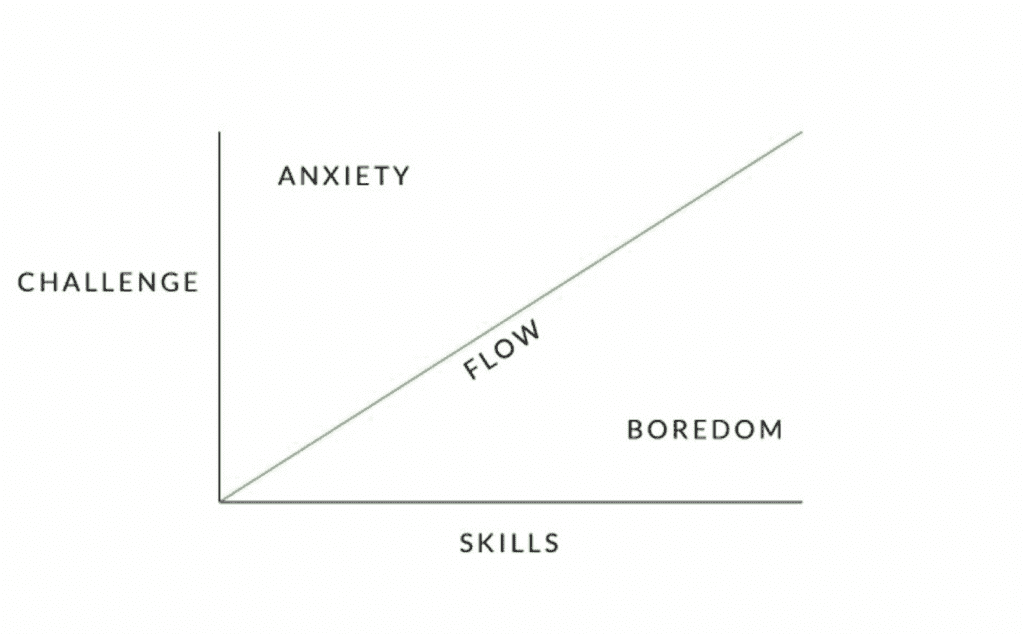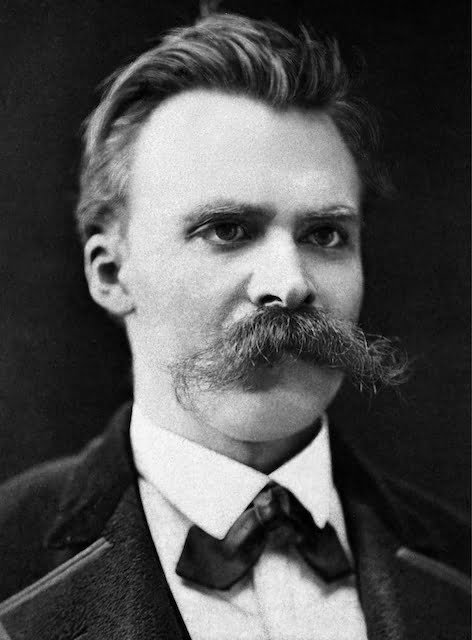Contents
What is “flow state” theory?
- Written by Sagar
- Updated on April 23, 2025
- Published on
- Kratom Benefits & Usage
The flow state, also known as being “in the zone,” refers to a mental state of complete immersion and focus in a particular activity or task. It’s a state of high productivity, creativity, and enjoyment where one loses track of time and feels fully engaged in what they are doing.
During a flow state, individuals typically experience a sense of control and confidence, where their actions and decisions seem effortless and automatic. The state is often associated with high performance, as individuals are able to tap into their full potential and achieve their goals more efficiently. Flow state is commonly experienced by athletes, musicians, artists, and professionals who are highly skilled and deeply engaged in their work. However, anyone can experience flow state in any activity that they find challenging and rewarding.

Who contributed to the concept of “flow state” ?

Johann Wolfgang von Goethe described the state of flow in his book “Wilhelm Meister’s Apprenticeship” as a state of “unconscious competence.” He wrote that in this state, the performer’s actions are effortless, and they become one with the activity they are engaged in. Goethe believed that in the state of flow, individuals experience a sense of harmony with their environment, and their skills and abilities are perfectly matched with the task at hand. He also noted that flow is a state that can only be achieved through sustained effort and practice, and that it is a valuable tool for achieving creative and productive outcomes.

Friedrich Nietzsche
German philosopher, did not specifically use the term “flow state,” but he did write about a similar concept that he referred to as “amor fati,” which translates to “love of fate.” Nietzsche believed that individuals should embrace their fate, including their successes and failures, and strive to live in a state of continuous self-overcoming. In this state, individuals become fully absorbed in their work and experience a sense of joy and purpose. Nietzsche believed that this state could only be achieved through a strong sense of individualism, creativity, and the cultivation of one’s unique strengths and talents. This idea is similar to the flow state, where individuals become fully immersed and absorbed in an activity and experience a sense of fulfillment and enjoyment.
William James 1842-1910
William James, an American philosopher and psychologist, did not use the term “flow state,” as the concept had not yet been developed during his lifetime. However, he did write about a similar state of mind that he referred to as “the stream of consciousness.” James believed that the mind is in a constant state of flow, with thoughts, emotions, and perceptions coming and going like a stream. He believed that this flow is an essential part of human consciousness and that it is necessary for creative and productive thought. James emphasized the importance of staying present and focused in the moment to fully engage with the stream of consciousness and to achieve a state of deep concentration and immersion in an activity. His ideas are consistent with the concept of flow state, where individuals become fully absorbed and immersed in an activity, leading to increased creativity and productivity.
Mihaly Csikszentmihalyi 1934-2021 “The Godfather of Flow”
The concept of flow state was first introduced by psychologist Mihaly Csikszentmihalyi in the 1970s. Csikszentmihalyi studied the experiences of artists and other creative individuals and noticed that they often described being in a state of complete absorption and focused attention in their work. He referred to this state as “flow,” and went on to research and write extensively about the concept. Csikszentmihalyi’s work has been influential in the fields of psychology, creativity, and performance, and his concept of flow state has been applied in many areas, including education, business, and sports.
Jeanne Nakamura’s
Jeanne Nakamura’s groundbreaking research on the flow state has revolutionized our understanding of optimal human performance. Through meticulous study and extensive exploration, Nakamura has illuminated the profound impact of entering a state of flow—an immersive mental state characterized by complete absorption in an activity. Her groundbreaking work has unveiled the transformative power of flow, revealing that it elicits heightened focus, deep engagement, and a sense of effortless action within individuals. Nakamura’s findings have not only had a significant influence on multiple disciplines such as psychology, sports, and creativity, but they have also provided practical strategies for individuals to cultivate and harness flow in their own lives. These strategies have empowered countless individuals to unlock their true potential, enabling them to attain peak performance and experience profound fulfillment. As a result, Nakamura’s remarkable contributions continue to serve as a lasting source of inspiration and guidance, transforming lives and shaping the way we approach personal growth and achievement.
Steven Kotler
Steven Kotler has emerged as a leading authority in the study of flow state, providing invaluable insights into its nature and wide-ranging applications. With a profound understanding of the subject, Kotler portrays flow state as a state of complete immersion, unwavering focus, and heightened performance, enabling individuals to feel their absolute best and operate at their peak potential. Drawing on extensive research, Kotler reveals that flow is a neurobiological phenomenon characterized by the release of specific neurotransmitters and the synchronization of various brain regions. He underscores the significance of achieving a delicate balance between the challenge presented by an activity and an individual’s skill level, as this equilibrium serves as a crucial trigger for flow state experiences.
Kotler brings attention to the concept of “flow triggers,” identifying specific environmental, psychological, and social cues that facilitate the induction of flow. Among these triggers are the presence of clear goals, immediate feedback, a deep sense of concentration, and a loss of self-consciousness during the activity. By highlighting these common elements, Kotler provides individuals with tangible tools to invite more frequent and profound flow experiences into their lives. Furthermore, Kotler explores the practical application of flow state in diverse domains, including sports, arts, business, and personal development. Through compelling examples, he demonstrates how the cultivation of flow can significantly enhance performance and overall well-being. Kotler also emphasizes the role of deliberate practice—a focused effort to improve one’s skills—as a pathway to accessing flow more consistently and deeply.
In his research, Kotler emphasizes the transformative power of flow, illustrating how it can foster increased motivation, amplify creativity, and imbue individuals with an unwavering sense of fulfillment. By shedding light on the profound benefits of flow state, Kotler equips individuals with practical tools and strategies to tap into this extraordinary state of consciousness for personal and professional growth. As a result of his pioneering work, Kotler has become an influential figure in the field, reshaping our understanding of flow state and inspiring countless individuals to unlock their untapped potential and achieve extraordinary levels of performance and fulfillment in their lives.



